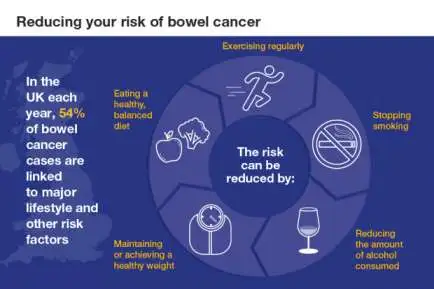
Food allergy diagnoses have nearly doubled among Black children in the past two decades, and racial disparities have emerged for parents managing food allergy, according to a pair of studies.
Among 326 parents whose children had food allergies, white children were close to 3 times as likely as Black children to have access to allergen-free foods in supermarkets after adjusting for demographic variables, multiple food allergies, parental income and education, and recruitment site (adjusted odds ratio 2.8, 95% CI 1.1-6.9), reported Amaziah Coleman, MD, of Children’s National Hospital in Washington, D.C.
White children were also more often living in families that had access to allergy-free foods through online shopping compared to Black children (35% vs 12%, P<0.001), she said at the virtual American College of Allergy, Asthma and Immunology (ACAAI) meeting.
Despite these purchasing patterns, white parents were significantly more likely than Black parents to report feeling anxious that their choices could lead to an allergic reaction (aOR 2.6, 95% CI 1.2-5.7), Coleman noted.
“Individuals with food allergy are more likely to report difficulty accessing care as well as difficulty accessing allergy-free foods compared to individuals without food allergy,” Coleman said in an online presentation of her findings. “What has not been well understood are racial disparities regarding dietary access and behaviors in individuals with food allergies.”
This analysis spurred from the Food Allergy Management & Outcomes Related to White and African American Racial Differences (FORWARD) study, which includes children 12 and under with food allergies across sites in Chicago, Cincinnati, and Washington, D.C.
In another analysis of FORWARD data presented at this year’s ACAAI meeting, parents of Black children with food allergies reported attending schools with fewer allergen-free lunch spaces, though they were bullied because of their food allergies at a similar rate as white children.
Among 252 parents whose children had food allergies, allergen-free lunch areas were available for 38% of white students and just 19% of Black students, reported Danielle Brown, MHS, of the Northwestern University Feinberg School of Medicine in Chicago, Illinois.
Just over half of parents said their children attended schools where common allergenic foods were restricted (54.8%), and only 26% of parents said their school had stock epinephrine available, Brown reported.
Overall, 43% of parents surveyed said their child was bullied, with more than half of those saying their child’s food allergy was the focus, Brown reported. Although there were no racial differences observed in the proportion of children bullied specifically for food allergies, Black children were bullied overall at twice the rate of white children (38.6% vs 17.7%, P=0.002).
Black parents were also significantly more likely than white parents to report addressing their child’s bullying, such as by meeting with the offender’s parents (17.3% vs 1.9%, P<0.001).
“Schools need to make sure food allergy discussions are intentional and parents understand schools’ food allergy related policies,” Brown said. “If students as well as caregivers understand the risks of food allergy and its burden on students, it may help reduce food allergy related bullying.”
Disclosures
Neither Coleman or Brown reported any ties with industry.
The FORWARD study is funded by the National Institute of Allergy and Infectious Diseases.
Related Post
 14
14 Aug
7 Essential Healthy Habits to Instill in Your Kids in 2024
In the high-speed universe of 2024, raising solid and balanced kids requires a blend of shrewd nurturing and adjusting to the most recent patterns. As guardians, it's critical to instill propensities that cultivate both physical and mental prosperity in our.
Read More 29
29 Jul
Which Symptom Indicates That Someone May Need Mental Health Treatment?
Today! In this article!, you can find the best treatment for mental health. Which symptom indicates that someone may need mental health treatment? Perceive the indications of requiring emotional well-being treatment and assume responsibility for your prosperity. Try not to hold.
Read More 08
08 Jul
What Is Self-Management of Chronic Disease?
Diabetes, joint inflammation, hypertension, lung illness, corpulence and other persistent sicknesses can make life challenging to oversee for a great many more seasoned grown-ups, frequently compelling them to surrender their freedom. The Challenges of Chronic Disease More established grown-ups are lopsidedly impacted.
Read More 01
01 Jul
7 Lifestyle Tips to Reduce Your Cancer Risk
How in all actuality do individuals bring down the possibilities getting malignant growth? There's a lot of exhortation. Yet, on occasion, guidance from one review conflicts with the exhortation from another. Disease avoidance data keeps on creating. In any case,.
Read More
